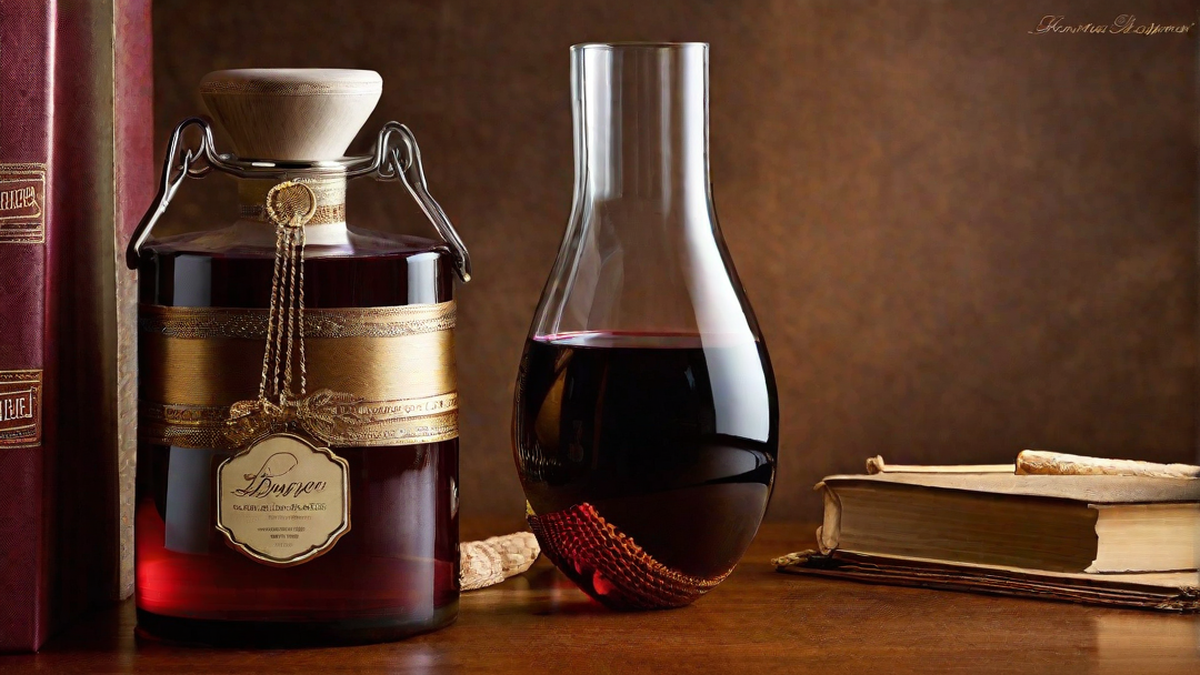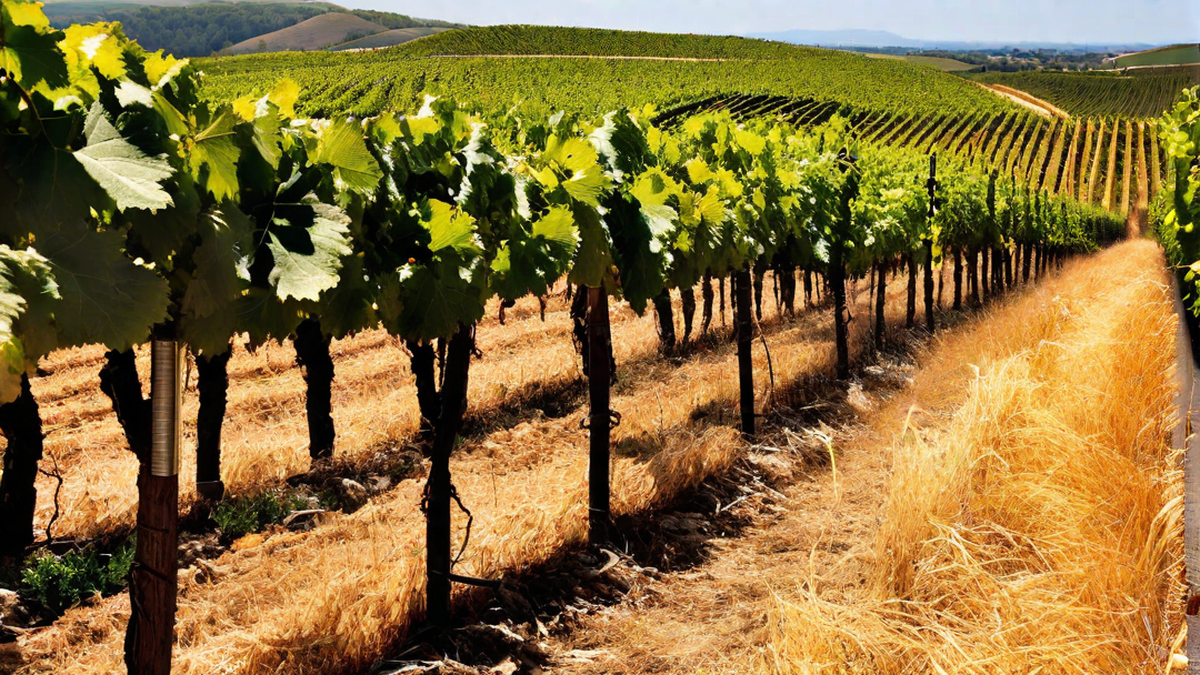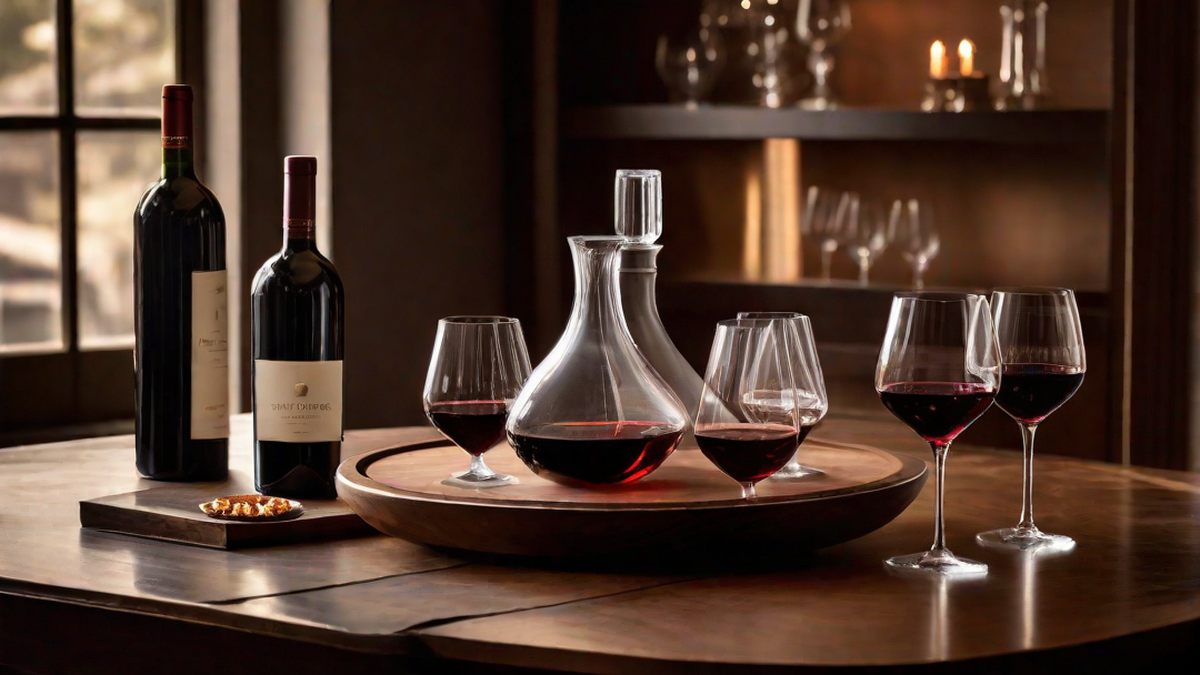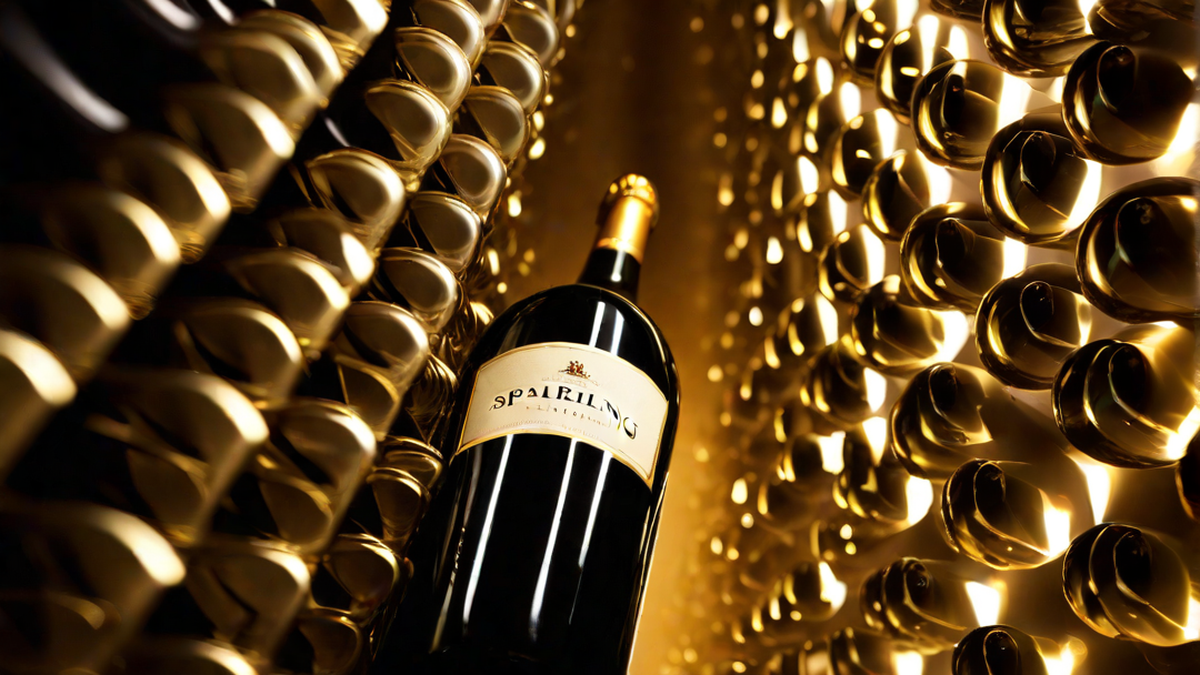Being a lover of wine, I am constantly seeking to grasp the complexities of winemaking and the ways in which various techniques can impact the end result. I am particularly intrigued by the use of bentonite in winemaking. Bentonite, a form of clay, has a long history of being utilized to clarify and stabilize wines. In this piece, I will thoroughly explore the matter of when to incorporate bentonite into wine, drawing on my own knowledge and perspective.
What is Bentonite?
Bentonite is a natural clay that is composed of fine particles, primarily made up of montmorillonite, a type of clay mineral. It has a high negative charge, which makes it an effective clarifying agent in winemaking. When added to wine, bentonite attracts and binds with positively charged particles, such as proteins and tannins, forming larger particles that can be easily removed.
One of the key advantages of using bentonite is its ability to clarify wine without altering its flavor or aroma. Unlike other fining agents, bentonite does not introduce any new elements that can impact the sensory characteristics of the wine. This makes it a popular choice among winemakers who want to maintain the integrity of their wine.
The Timing of Bentonite Addition
The timing of when to add bentonite to wine is crucial to achieve optimal results. Generally, there are two main stages during winemaking when bentonite can be added:
- Pre-Fermentation: Some winemakers choose to add bentonite before the fermentation process begins. By doing so, they aim to remove potential haze-causing proteins and unstable tannins early on, ensuring a clear and stable wine from the start.
- Post-Fermentation: Others prefer to add bentonite after the fermentation process is complete. This allows them to assess the wine’s clarity and stability before making any clarifying decisions. If necessary, bentonite can be added at this stage to help remove unwanted particles and improve the wine’s visual appeal.
The decision of when to add bentonite ultimately depends on various factors, including the winemaker’s personal preference, the grape variety, and the desired style of the wine. Some winemakers may even choose to add bentonite at both stages to ensure maximum clarity and stability.
My Personal Experience
During my winemaking journey, I have experimented with the timing of bentonite addition and observed varying results. I have found that adding bentonite pre-fermentation works particularly well for white wines, as it helps to prevent any potential haziness and ensures a clean and crisp end product.
For red wines, I have discovered that adding bentonite post-fermentation allows for a better evaluation of the wine’s color and stability. It gives me the opportunity to make any necessary adjustments based on the wine’s overall appearance.
It is important to note that while bentonite can greatly enhance the clarity and stability of wines, it should be used judiciously. Overuse of bentonite can strip wines of desirable aromas and flavors, resulting in a dull and lifeless wine. Finding the right balance is key.
Conclusion
Adding bentonite to wine can be a valuable tool in the winemaker’s toolkit. By understanding the benefits and considering the optimal timing, winemakers can achieve wines that are visually appealing, stable, and true to their original character. Whether it’s for pre-fermentation or post-fermentation clarification, bentonite has proven to be a reliable technique in my winemaking journey, bringing clarity to my wines without compromising their quality.




